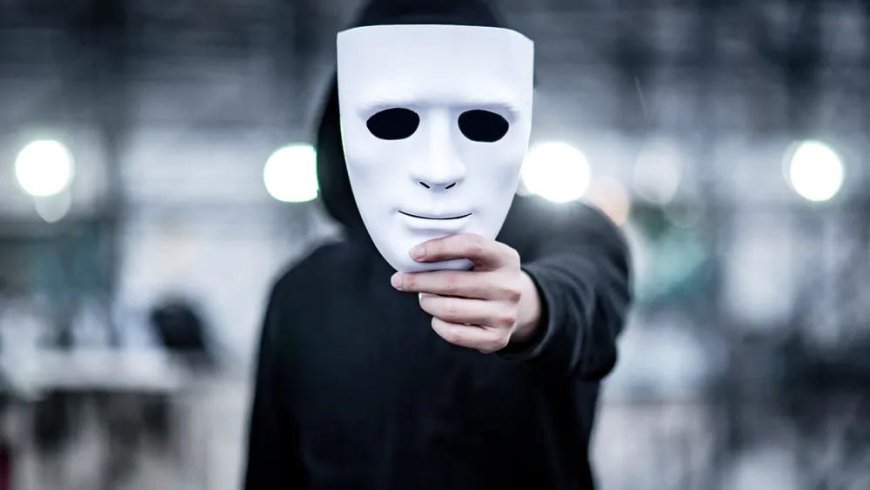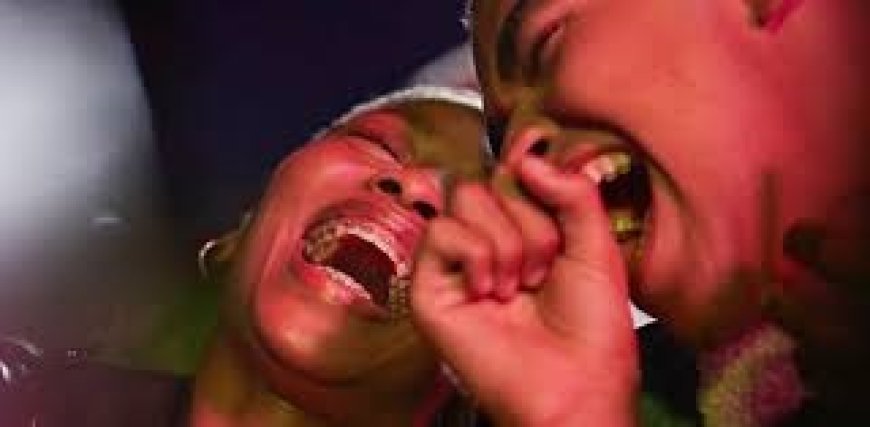Behind the Mask Laughter is the Best Medicine… Or Is It?
This article explores the nuanced portrayal of mental health in comedy films, highlighting how they often trivialize serious issues while also contributing to shifting perceptions over time. Through the lens of comedic legends like Robin Williams, it critiques traditional tropes and offers insights on how laughter can both mask and reveal the complexities of mental health struggles.

A Comedy Perspective on Mental Health Stigma in Film
In a world where laughter often serves as the antidote to life’s myriad challenges, the question arises: does comedy truly tackle mental health with the respect it deserves, or does it merely trivialize the very real struggles faced by many? Comedy has long been heralded as a form of therapy, a way to cope with pain and distress through humor. But as we examine the portrayals of mental health in comedic films, it becomes apparent that while laughter can lighten the mood, it does not always succeed in appropriately addressing the heavy implications of mental health challenges.
Cinema is rife with comedic tropes that tend to oversimplify the complexities of mental illnesses. From the “quirky character” who loudly insists that their eccentricities are just “the way they are” to the exaggerated portrayals of neurotic individuals who seem to find humor in their turmoil, many films have painted a distorted picture of serious conditions. Think of classic examples like “As Good As It Gets,” featuring Jack Nicholson as the obsessive-compulsive Melvin Udall, who occasionally utters pearls of wisdom amidst his many flaws. While this Oscar-winning performance showcased the character's struggles with mental health, it certainly didn’t capture the full weight of living with such conditions—it leaned heavily on humor to soften the blow.

Then there’s the notorious “manic pixie dream girl” trope, often depicted as a whimsical figure who exists solely to cure the melancholy leading man with her carefree exuberance. This archetype can lead audiences to believe that emotional struggles can be resolved simply through a change in perspective. Spoiler alert: mental health issues don’t come with a tidy resolution or a quirky romantic interest who swoops in to save the day.
However, not all comedic portrayals are so reductive. Enter the late Robin Williams—a brilliant actor and comedian whose own battles with depression and anxiety added deeper layers to his roles. Films like “Good Will Hunting” and “Patch Adams” showcased his incredible ability to juxtapose humor with profound insights into human emotions. Williams utilized his comedic talents to create characters who understood pain yet found humor amid their struggles. His work encouraged discussions around mental health, making it somewhat easier for audiences to confront these topics without evoking fear or discomfort.
Williams' life and career illustrate a crucial paradox in comedy: humor can serve as a platform for vulnerability. The laughter he elicited often masked his personal demons, leading to a tragic ending that shocked the world. His struggles reminded us that even the brightest lights can hide the darkest shadows, emphasizing that comedy shouldn't shy away from the serious implications of mental health issues. Rather, it should strive to strike a balance that allows for humor without diminishing the experiences of those facing genuine struggles.
Yet, Hollywood is slowly blossoming into a space that embraces a more nuanced view of mental health. Films such as “Silver Linings Playbook” and shows like “Crazy Ex-Girlfriend” have made significant strides in addressing the intricacies of mental illness with empathy and depth. These works highlight that while laughter can be a gateway to discussions about mental health, it is essential to approach these topics with sensitivity and care.
As we laugh at the antics of slapstick comedies or the witty repartees of romantic comedies, we should remain vigilant. It’s crucial to remember that mental health is a serious issue that deserves respect and understanding. So, while laughter may indeed be the best medicine, let’s ensure the prescription isn’t filled with clichés and misunderstandings. Instead, let’s advocate for comedy that not only entertains but also educates and uplifts. After all, there’s nothing funnier than when we can laugh with someone rather than at them—especially when it comes to navigating the tricky waters of mental health. In the end, if we can find humor in life’s absurdities while also acknowledging the seriousness of our challenges, we may just create a world where laughter truly heals.
What's Your Reaction?














































































































